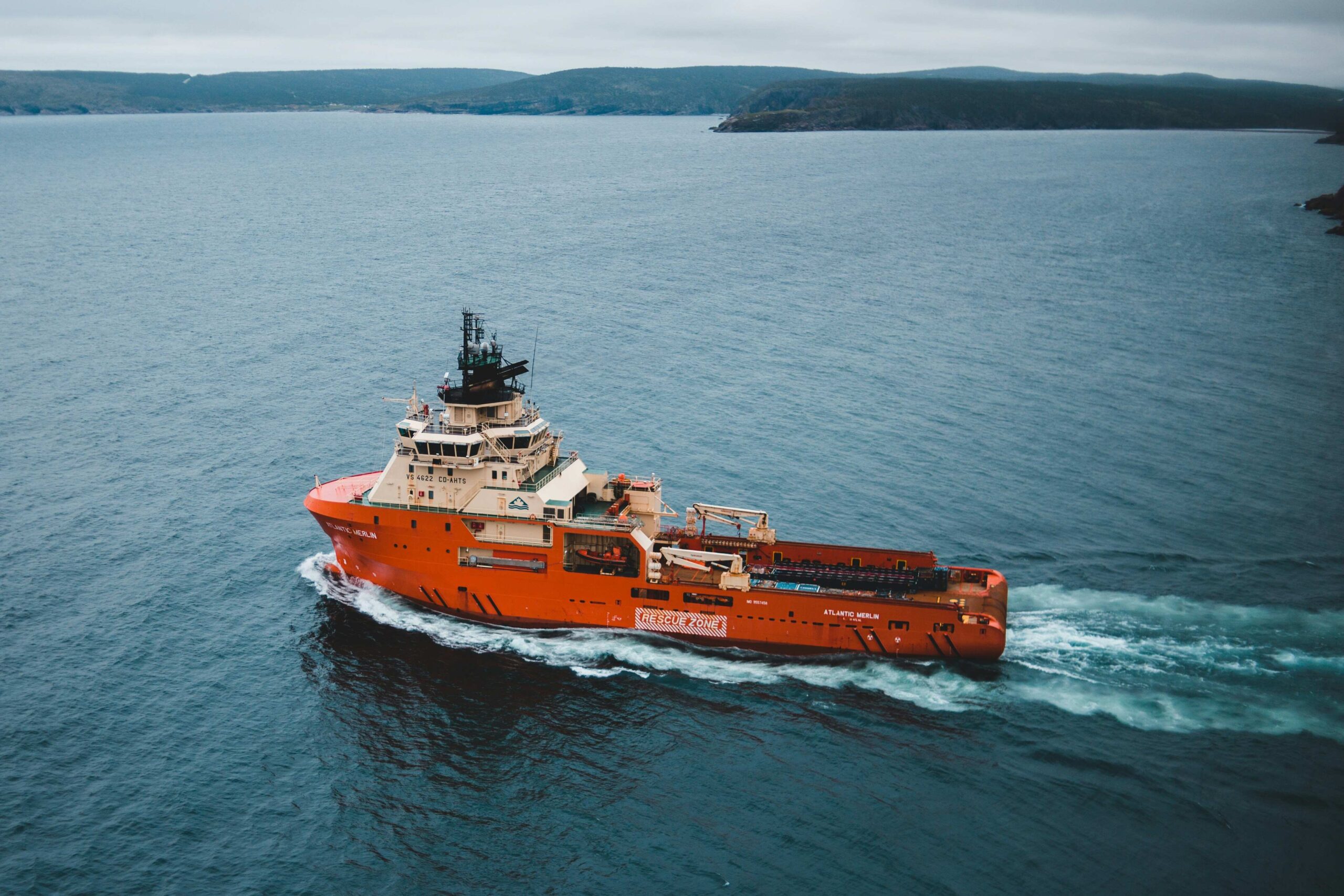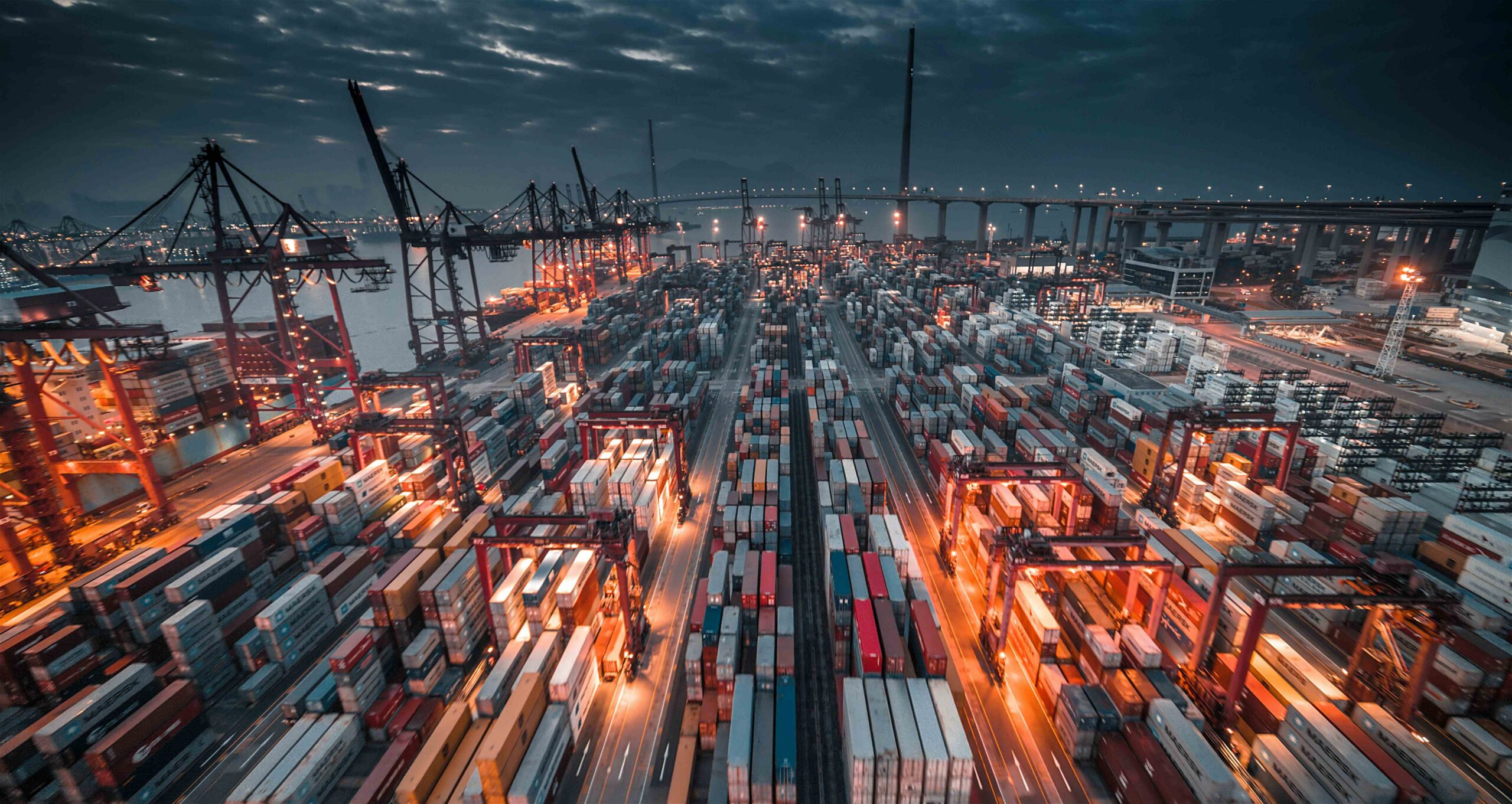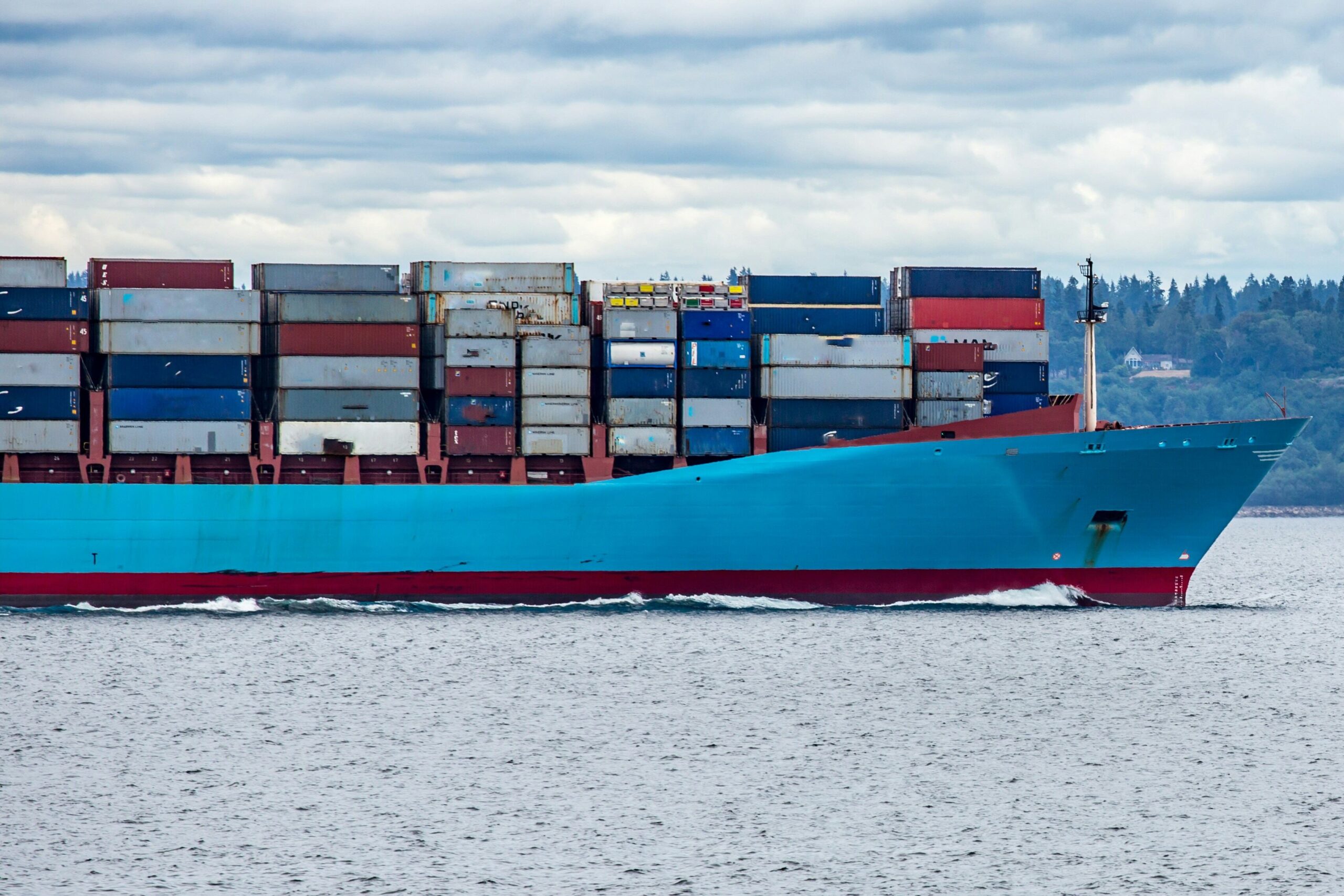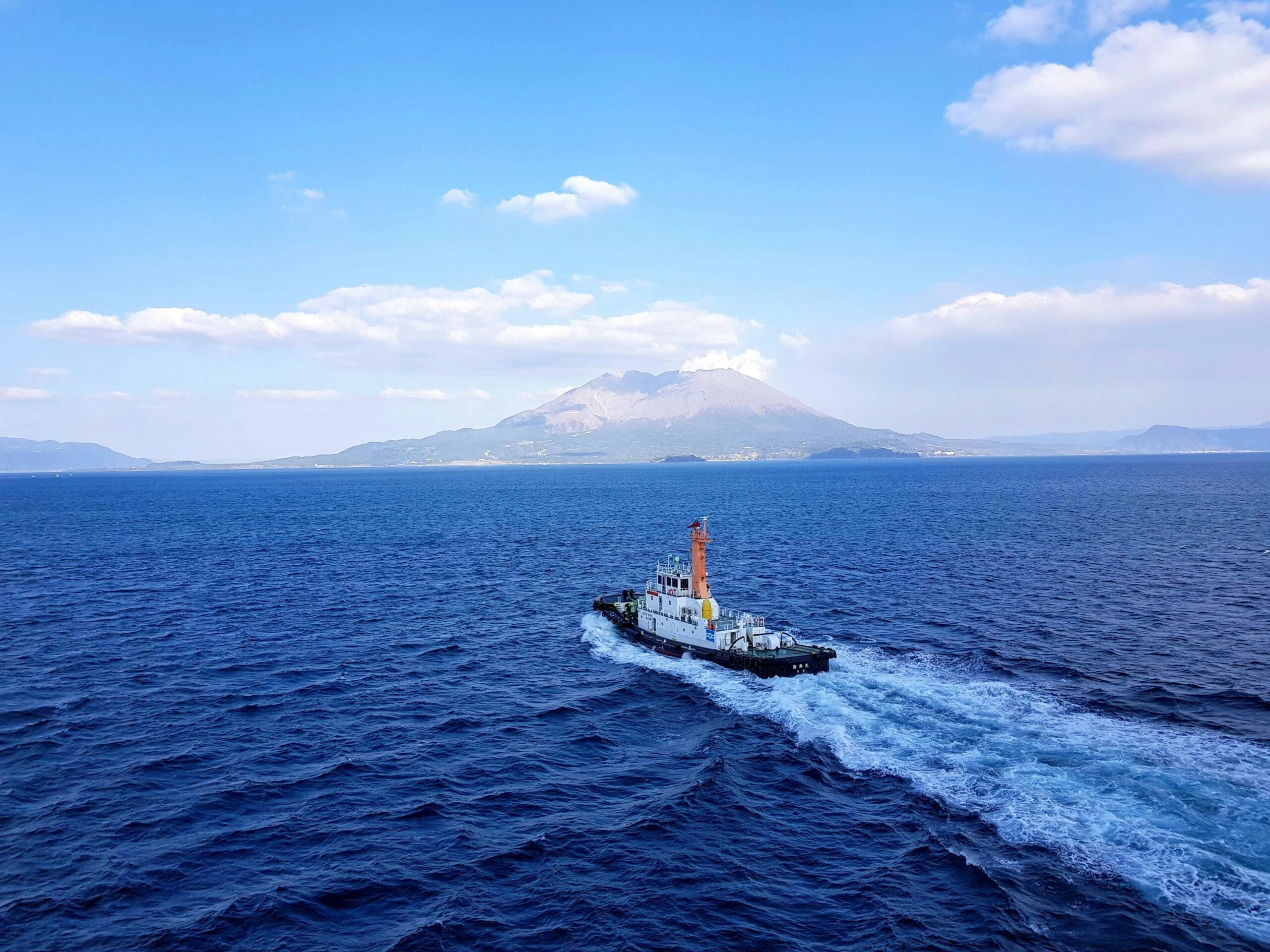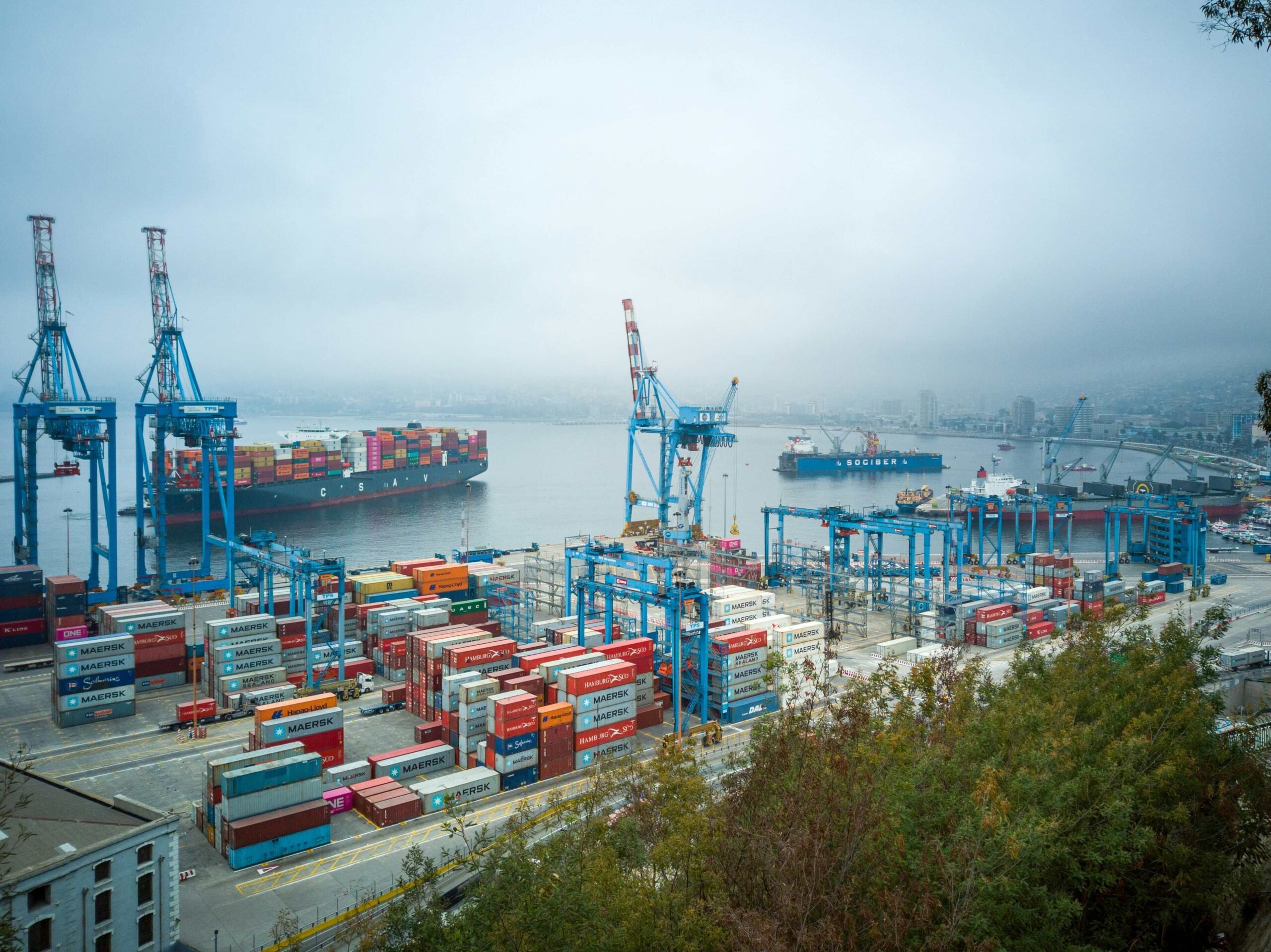Chemical and Physical Stability of Ultra-Low Sulfur Bunker Fuels
The chemical and physical stability of ultra-low sulfur bunker fuels is a critical aspect in the maritime industry, driven by stringent environmental regulations aimed at reducing emissions from ships. This article explores what ultra-low sulfur bunker fuels are, their chemical composition, factors influencing
Impact of Regional Regulations on Global Bunker Fuel Markets
Introduction The global bunker fuel market plays a pivotal role in maritime shipping, providing the energy necessary to propel vessels across international waters. However, varying regional regulations significantly influence market dynamics, affecting fuel composition, pricing, availability, and environmental standards. This article explores how
Development and Validation of Bunker Fuel Specification Standards
Introduction Bunker fuel specification standards are crucial for ensuring the quality, safety, and environmental performance of fuels used in maritime shipping. These standards define the physical and chemical properties that bunker fuels must meet to ensure efficient combustion, compliance with environmental regulations, and
Environmental Risk Assessment of Bunker Fuel Terminals
Bunker fuel terminals play a critical role in the global logistics of maritime transport, serving as pivotal hubs for storing and distributing fuels essential for powering ships. However, the operation of these terminals poses significant environmental risks, ranging from potential oil spills to
Life Extension Strategies for Aging Ships Using Modern Bunker Fuels
Introduction In the maritime industry, aging ships present unique challenges related to efficiency, emissions compliance, and operational costs. Modern bunker fuels play a crucial role in extending the operational life of these vessels by addressing key concerns such as fuel efficiency, emissions reduction,
Hydrodynamic Impact of Bunker Fuel Types on Ship Performance
Introduction The choice of bunker fuel has a significant influence on the overall performance of a ship. Different types of bunker fuels not only affect the engine’s efficiency and emissions but also have a profound impact on the hydrodynamic performance of vessels. This
Impact of Maritime Accidents on Bunker Fuel Supply Chains
Introduction Maritime accidents can have far-reaching impacts on global bunker fuel supply chains. Given that a significant portion of global trade relies on maritime transport, disruptions caused by accidents can lead to substantial economic and operational challenges. This article delves into the various
Advances in Non-Invasive Bunker Fuel Quality Measurement Techniques
Introduction The quality of bunker fuel is critical for the safe and efficient operation of marine engines. Traditional methods for assessing bunker fuel quality often involve invasive sampling and laboratory analysis, which can be time-consuming, costly, and sometimes inaccurate due to sample contamination
Techniques for Mitigating Bunker Fuel Oxidation and Degradation
Introduction Bunker fuel oxidation and degradation are significant challenges in the maritime industry, affecting fuel quality, engine performance, and overall operational efficiency. Oxidation and degradation occur due to prolonged storage, exposure to air, and varying temperatures, leading to the formation of sediments, gums,
Role of Bunker Fuels in Arctic Shipping Operations
Introduction Arctic shipping has emerged as a critical component of global maritime trade, driven by melting ice caps and the opening of new navigable routes. These routes, such as the Northern Sea Route (NSR) and the Northwest Passage (NWP), offer significant reductions in

